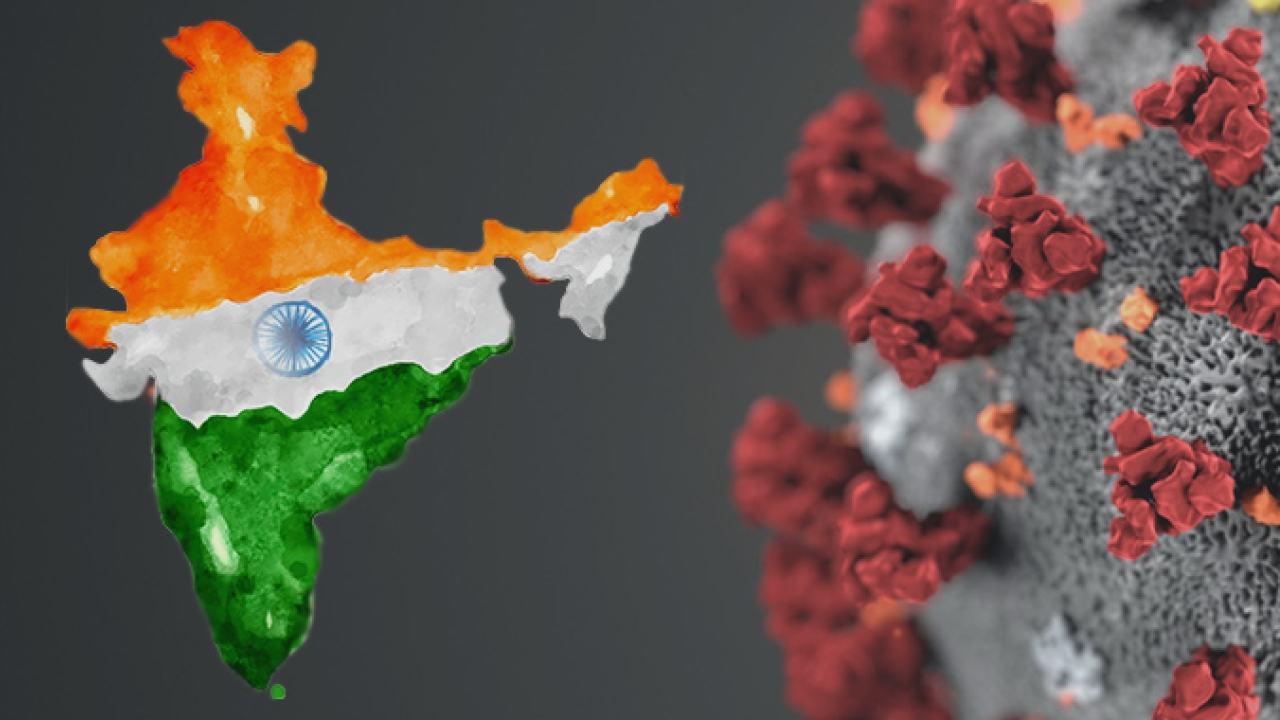India on lockdown

Prime Minister Narendra Modi announced a total lockdown of the country starting midnight of March 25 for the next 21 days, until April 14, which has been further extended to May 3. ‘In order to protect the country and each of its citizens, from midnight tonight a complete ban is being imposed on people from stepping out of their homes. Every state of the country, every union territory, every district, every municipality, every village, every street, every locality is being put under lockdown. This is in effect a type of a curfew,’ he said in his second address to the nation on Covid-19. The government has also provisioned 15,000 crore INR (almost 2 billion USD) for treating coronavirus patients and strengthening the medical infrastructure of the country.
During these times, basic and lifesaving necessities are top priority. The government will allow manufacturing operations of essential commodities to continue, after obtaining required permission. To support these industries, packaging units and some label printing companies that supply to pharmaceutical, healthcare, FMCG and other essential industries are being allowed to stay operational.
Industry insights
Yogesh Kapur, executive vice president, holography business, UFlex, said: ‘Our teams have been working hard, day and night, to provide the essential necessity of packaging for critical commodities like flour, rice, salt and spices, pulses, milk, milk powder, medicines, sanitizers, soaps and detergents and other food products, for the nation's population. We are making sure that there is no shortage of pack-form products for public, at large, which are essential for survival.’ UFlex is manufacturing basic packaging material which falls under essential services permitted by the Government of India.
Lakshminarayanan Parthasarthy, business unit head, Signode India Wintek Flexo Prints, said: 'Our team has been tirelessly printing sanitizer labels during lockdown to cater to the increased demand and help the country's fight against Covid-19'
Companies catering to requirements of essential goods are, however, required to have written permission from the government to be able to run their respective factories. Anuj Bhargava, managing director of Kumar Labels, said: ‘We cater to the healthcare industry so have requested district magistrate for permission to allow us to run our factory to continue supplies. We are, however, completing pre-press work remotely during the lockdown so we are ready to run our presses when things get back to normal.’
During lockdown, there has been a momentary surge in some specific sectors for label products, especially in food and consumer goods. The community is fearful and stocking food items, which has led to an increase in demand.
Ajay Mehta, managing director of SMI Coated Products said: ‘There is a sudden spurt in requirements for hand wash and other hygiene-related products. The demand has gone up by over 300 times for these products. On the other hand, sales of other industries such as liquor and beauty products have gone down considerably.’
Yogesh Kapur added: ‘In the short term, consumer brands may sell more from specific product lines, but it will even out in due course. In the long run the overall demand for labels may see a downward trend until the eradication of the pandemic. Many sectors, namely automobiles, electrical and electronics business verticals, are seeing a slowdown, as sentiments are at a low ebb. But we see this as a temporary situation since the government has taken several significant and immediate positive steps to contain and prevent spread of Covid-19. If the virus spread is contained quickly, this can assist the economy in faster recovery apart from opening new opportunities for growth.’
Rahul Kapur, one of three directors at JK Fine Prints, added: ‘We can already see a sharp decline in business and consumer spending because of the travel restrictions which are putting serious pressure on several sectors such as travel and tourism, hospitality and the entertainment. These sectors are going to go through a very harsh period in the near future which will lead to a lot of people losing their jobs. Eventually it’s a big chain reaction and one sector getting affected leads to another.’
The supply chain and manufacturing space have been the most affected, with a partial freeze on people’s movement and delays in production and receipt of raw materials. ‘The disrupted supply chain is leading to uncertain production schedules, agreed Yogesh Kapur. ‘However, we have not been affected as significantly as others due to in-house production of critical raw materials.’
Echoing similar thoughts, Mehta said: ‘70 percent of our raw materials come from different parts of the world. This is causing stress as countries are going in lockdown. The increase of foreign currency is also a matter of concern.’
The fear spread by the virus will have a direct impact on the economy. ‘In the weeks to come, I foresee challenges in both national as well as international markets. The overall impact of Covid-19 on business will depend on how soon we are able to contain its spread, find its remedy and return to normality,’ Yogesh Kapur opined.
Aftermath
‘I think being multi-locational is something that all label printers would consider, at least those who are sole-suppliers to large brands,’ said Bhargava. ‘We anticipated this lockdown and stocked a lot of raw material. When the markets open again, logistics could get tricky so we are well prepared to restart.’
Rahul Kapur said: ‘There were a lot of organizations in different business sectors that were allowing to work from home during this period. This is something we probably need to put more thought into in terms of “if” and “how” this is possible for our type of business, if need be in the future.’
‘Business leaders will face a tough task to show positive growth and may have to rethink their existing business models and operations in order to mitigate the effects of such challenges,’ Yogesh Kapur concluded. ‘There is not sufficient clarity to suggest whether it’s likely to be a short or interim phase. Surely the industry has to take definitive measures to build robust yet dynamic business models which are adept to such environments.’
Amidst the scare of Covid-19, LMAI has rescheduled its conference on digital printing technologies in Mumbai to July 3, 2020. Click here to get detailed information on rescheduling of other industry events across the world.
Stay up to date
Subscribe to the free Label News newsletter and receive the latest content every week. We'll never share your email address.

